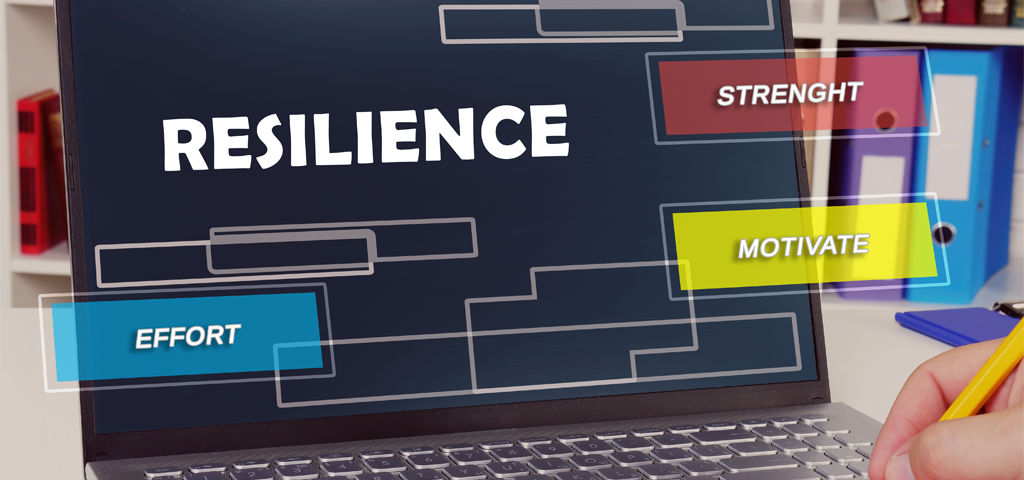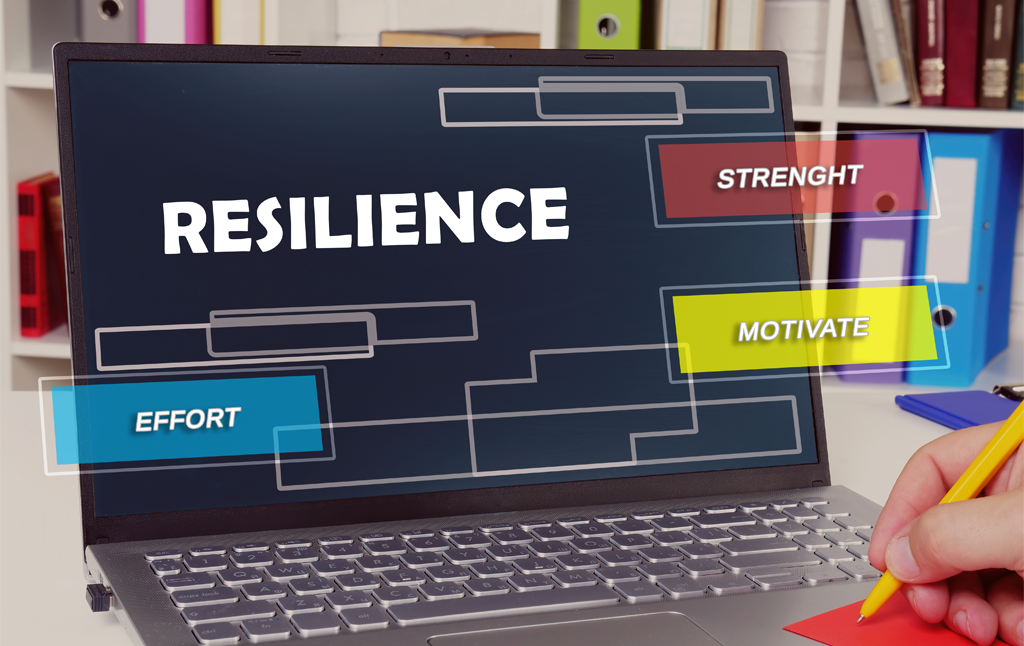Building Resilience: The Key to Emotional Intelligence in the Workplace


In the dynamic landscape of today’s workplaces, emotional intelligence (EI) stands out as a critical factor for success. And at the heart of EI lies resilience – the ability to bounce back from setbacks, adapt to change, and thrive amidst challenges. In the realms of sales strategy, leadership development, and team or cultural enhancement, resilience plays a pivotal role in driving growth and fostering a positive work environment.
Resilience in Sales Strategy
Sales is an inherently demanding field, often characterized by rejection, pressure, and fluctuating market conditions. In this domain, resilience is not merely desirable; it’s essential for sustained success. A resilient sales team can weather rejections, learn from failures, and maintain a positive attitude despite setbacks.
Adaptability: Resilient sales professionals possess the flexibility to adjust their approach based on feedback and market trends. They embrace change rather than resist it, allowing them to stay ahead of the curve and capitalize on emerging opportunities.
Positive Mindset: Maintaining a positive outlook is crucial in sales, where rejection is common. Resilient individuals focus on solutions rather than dwelling on problems, enabling them to persevere through tough times and maintain motivation.
Emotional Regulation: Resilient salespeople excel in managing their emotions, especially during high-pressure situations like negotiations or client interactions. By staying composed and level-headed, they build trust with clients and enhance their credibility as reliable partners.
Resilience in Leadership Development
Leadership is not just about making decisions; it’s about inspiring and guiding others towards a common vision. Resilient leaders set the tone for their teams, fostering an environment where challenges are viewed as opportunities for growth rather than obstacles.
Leading by Example: Resilient leaders demonstrate vulnerability and authenticity, showing their teams that setbacks are a natural part of the journey. By openly discussing their own challenges and failures, they create a culture that encourages learning and experimentation.
Empathy and Support: Understanding the individual strengths and weaknesses of team members is crucial for effective leadership. Resilient leaders cultivate empathy, offering support and encouragement to team members facing difficulties while providing constructive feedback to facilitate growth.
Strategic Thinking: Resilient leaders take a long-term view of challenges, focusing on solutions that align with organizational goals. They leverage setbacks as learning opportunities, refining their strategies and processes to drive continuous improvement.
Resilience in Team or Cultural Development
A resilient organizational culture is built on trust, collaboration, and a shared commitment to growth. Teams that embrace resilience thrive in dynamic environments, fostering innovation and creativity while navigating change with confidence.
Collaborative Problem-Solving: Resilient teams leverage the diverse perspectives and talents of their members to tackle complex challenges collaboratively. They foster a culture of open communication and mutual support, empowering individuals to contribute their unique insights towards shared goals.
Continuous Learning: In resilient cultures, learning is not confined to formal training programs; it’s woven into the fabric of daily operations. Team members embrace feedback as an opportunity for growth, actively seeking out opportunities to expand their skills and knowledge.
Celebrating Successes: Recognizing and celebrating achievements, no matter how small, is essential for maintaining morale and motivation within teams. Resilient cultures celebrate both individual and collective successes, reinforcing the belief that hard work and perseverance lead to positive outcomes.
In conclusion, resilience is a cornerstone of emotional intelligence in the workplace, with far-reaching implications for sales strategy, leadership development, and team or cultural enhancement. By cultivating resilience at all levels of the organization, businesses can adapt to change more effectively, overcome obstacles with confidence, and ultimately achieve sustainable success in today’s dynamic business landscape. We can help you achieve this through our Emotional Intelligence assessments implemented and debriefed individually among leaders or in a team format to begin to change the culture and resilience of everyone at your organization.

